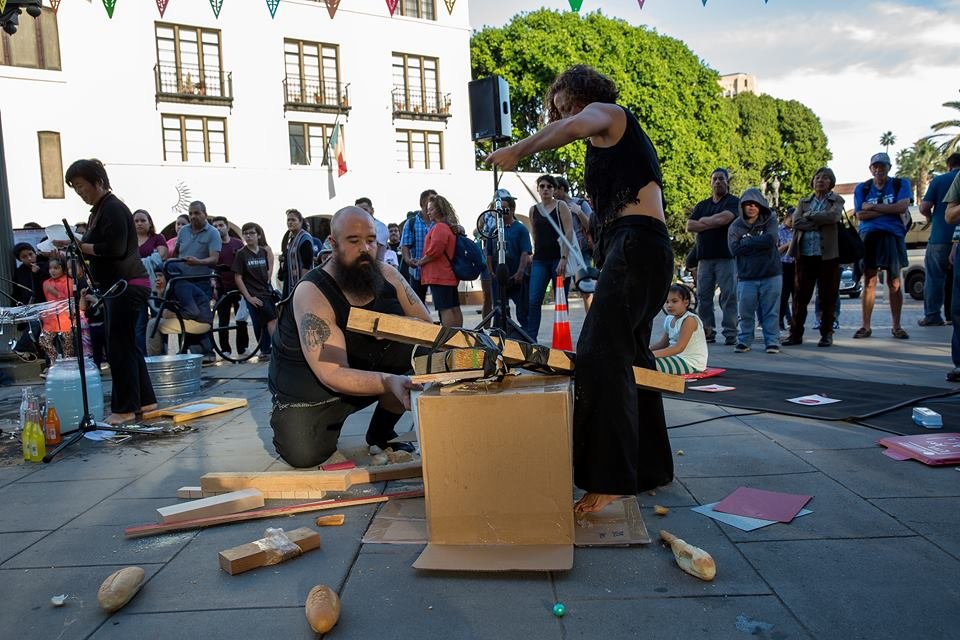Throughout my life, I have been constantly reminded of the conventional and traditional way of selecting and following a career. However, despite these societal and familial pressures to do so, I have always been determined to avoid the constraints of conventionality. As a result, I am now living where I can delve into all facets of my being and explore different paths without limitation or stagnancy. My pursuit of a non-traditional approach has allowed me to experience life in a genuinely unique manner that is not available to those who follow typical routes.
As an individual with many interests and proficiencies, my schedule is replete with diverse engagements. Throughout one day of every week, I discharge the role of a mental health counselor, offering counsel and succor to those grappling with sundry issues related to psychological well-being. Apart from this, a considerable fraction of my time is invested in artistic pursuits. My creations have been showcased in numerous galleries and exhibitions. Furthermore, I have developed expertise in crafting and vending editions of my digitally native work as crypto art.
To expand my knowledge base and share my ideas with others, I visit universities where I engage with students on creativity, magic, divination, mental health, and other similar concepts. Furthermore, I conduct workshops on these topics and teach classes and offer artist talks to those who wish to learn more about me and my diverse practices.
As someone passionate about spirituality, I provide spiritual services through Our Sacred Web. In this donation-based practice, individuals can receive tarot readings or have me officiate their weddings or host ceremonies. My tarot reading skills were even sought after by the LA Times when they commissioned me to perform readings for the city of Los Angeles.
My varied interests enable me to frequently appear worldwide, where I am invited to speak about topics such as witchcraft and creativity.
Despite my passion for this multi-hyphenate career path, I often must classify my practices and separate myself. But I'm taking a stand and refusing to do so. Instead, I want to build a world where having multiple passions and interests is encouraged and supported.
As a contemporary artist in Los Angeles, my work is informed by indigenous futurism, a style that reflects my deep interest in healing and spirituality. As a somatic psychotherapist, I use interdisciplinary education and holistic therapies like mindfulness-based therapy, Hakomi, somatic psychology, and internal family systems to help people heal.
My dream job allows me to integrate my diverse interests and skills rather than forcing me to choose just one. And I'm not alone in this desire. Others like me refuse to "niche down" and instead embrace multidisciplinary career paths.
I've found balance and fulfillment in my work by embracing a multi-hyphenate career path. It can be challenging to juggle multiple roles, but the rewards are worth it. I can pursue my passions, help others, and live a life that feels true to who I am.
Embracing a multi-hyphenate career path is the key to finding balance and fulfillment in work and life. We don't have to choose just one passion or career path - instead, we can embrace our diverse interests and skills to create a career that reflects who we are. Let's build a world where multi-hyphenate career paths are encouraged and celebrated.






